Home>diy>Building & Construction>Where To Dispose Construction Debris
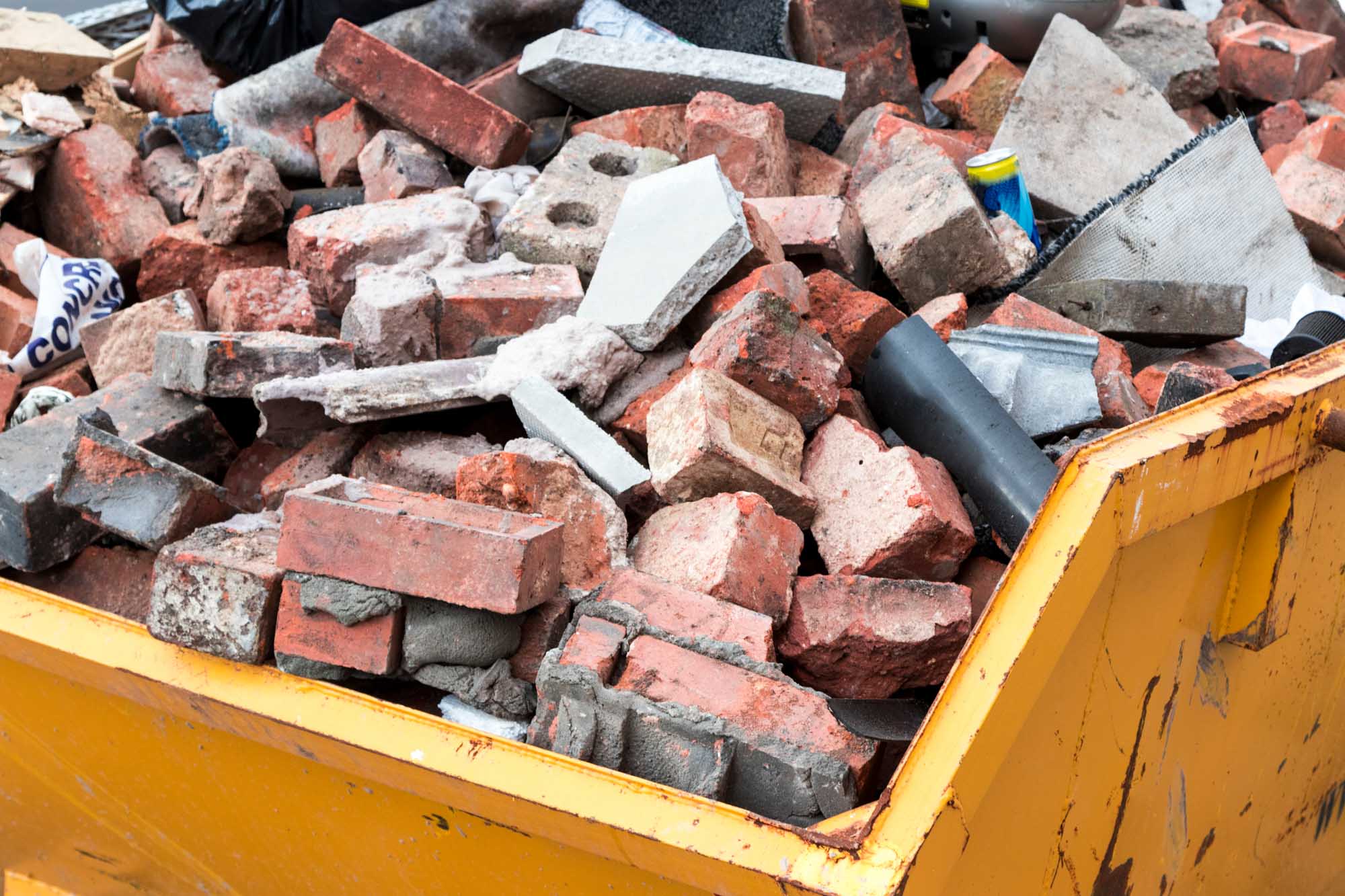

Building & Construction
Where To Dispose Construction Debris
Modified: January 5, 2024
Looking for a responsible way to dispose of construction debris? Explore our guide on where to safely dispose building construction waste and contribute to a cleaner environment.
(Many of the links in this article redirect to a specific reviewed product. Your purchase of these products through affiliate links helps to generate commission for Storables.com, at no extra cost. Learn more)
Introduction
Welcome to the world of construction! As a builder or contractor, you have undoubtedly encountered the challenges that come with managing construction debris. From leftover materials to demolished structures, construction sites produce a significant amount of waste that needs to be properly disposed of.
Proper disposal of construction debris is not only crucial for environmental sustainability, but it is also required by law in many jurisdictions. Failing to adhere to proper disposal regulations can result in hefty fines and damage to your reputation as a responsible builder.
In this article, we will explore the importance of proper construction debris disposal, legal regulations and guidelines, as well as various options for disposing of construction debris. Whether you are a seasoned builder or a novice, this article will provide you with valuable insights and resources to effectively handle construction waste.
Key Takeaways:
- Proper disposal of construction debris is crucial for environmental sustainability, legal compliance, and resource conservation. Recycling, landfill options, and professional debris removal services are key strategies for responsible waste management in the construction industry.
- Understanding the different types of construction debris and their disposal options empowers builders to minimize waste, promote recycling, and contribute to a more sustainable construction industry. Exploring alternative disposal methods and adhering to legal regulations are essential for responsible waste management.
Understanding Construction Debris
Construction debris refers to any waste materials generated during the construction, renovation, or demolition of a building or structure. It can include a wide range of materials such as wood, metal, plastics, concrete, bricks, glass, and insulation, among others.
Construction debris can be categorized into several types:
- Demolition Waste: This includes materials resulting from the demolition or removal of existing structures, such as walls, floors, roofs, and foundations.
- Construction Waste: These are materials generated during the construction or renovation of a building, including excess or unused construction materials like cement, drywall, pipes, wiring, and finishes.
- Landscaping Waste: This refers to waste materials resulting from landscaping activities such as tree trimmings, grass clippings, and soil.
- Hazardous Waste: Some construction materials, such as asbestos, lead-based paint, and certain chemicals, are considered hazardous due to their potential to harm human health and the environment.
It is important to understand the composition of construction debris because different materials require different disposal methods. Some materials can be recycled or reused, while others may need to be disposed of in specialized facilities.
Proper identification and segregation of construction debris at the site can significantly streamline the disposal process. By separating recyclable materials from non-recyclable ones, you can minimize waste, reduce disposal costs, and contribute to environmental conservation.
Construction debris management is not just about waste disposal; it is also about overall site safety and organization. By maintaining a clean and well-managed construction site, you can prevent accidents, facilitate efficient workflow, and enhance the overall productivity of your project.
Importance of Proper Disposal
The proper disposal of construction debris is of utmost importance for several reasons.
Environmental Impact: Construction debris, if not properly disposed of, can have a detrimental impact on the environment. Materials such as concrete, wood, and metal can release harmful substances into the soil and water, contaminating ecosystems. By disposing of construction debris responsibly, we can reduce pollution and protect natural resources.
Health and Safety: Improperly managed construction debris can pose significant health and safety risks. Sharp objects, toxic substances, and unstable debris can lead to injuries for workers and anyone else present at the construction site. Proper disposal ensures a safe working environment and minimizes the potential for accidents or health hazards.
Regulatory Compliance: Many jurisdictions have strict regulations and guidelines in place regarding the proper disposal of construction debris. Failing to comply with these regulations can result in severe penalties and legal consequences. By adhering to the laws and regulations, you demonstrate your commitment to operating responsibly and ethically.
Reputation and Image: A builder or contractor who prioritizes proper disposal practices is more likely to be seen as professional, reliable, and environmentally conscious. Demonstrating your commitment to sustainable construction practices can enhance your reputation and attract clients who value sustainability and social responsibility.
Resource Conservation: By properly managing construction debris, you can contribute to resource conservation. Many materials found in construction debris, such as wood, metal, and concrete, can be recycled or repurposed for future projects, reducing the strain on natural resources and minimizing waste.
Cost Savings: Proper disposal practices can also result in cost savings for your construction projects. By recycling or reusing materials, you can reduce the need to purchase new supplies, saving money in the long run. Additionally, efficient disposal methods can minimize waste disposal fees and reduce project overhead costs.
Overall, proper disposal of construction debris is essential for environmental conservation, regulatory compliance, worker safety, reputation management, resource conservation, and cost savings. By investing time and effort into responsible disposal practices, you contribute to a sustainable and thriving construction industry.
Legal Regulations and Guidelines
Proper disposal of construction debris is not only a responsible practice but also a legal requirement in many jurisdictions. It is important to familiarize yourself with the specific regulations and guidelines in your area to ensure compliance. Here are some common legal considerations when it comes to construction debris disposal:
Permitting Requirements: In some areas, you may need to obtain permits or licenses for the disposal of certain types of construction debris. These permits may require you to adhere to specific guidelines regarding transportation, storage, and disposal methods. Check with your local authorities to understand the permitting process and requirements applicable to your construction project.
Hazardous Materials: Proper handling and disposal of hazardous materials, such as asbestos, lead-based paint, and certain chemicals, are strictly regulated. These materials may require specialized handling, storage, and disposal methods to mitigate health and environmental risks. It is crucial to abide by the applicable regulations when dealing with hazardous construction debris.
Recycling Requirements: Many jurisdictions have established recycling requirements for construction debris. These requirements may mandate the separation and recycling of specific materials, such as concrete, metal, and wood. Familiarize yourself with the local recycling guidelines and identify recycling facilities in your area that can handle construction debris.
Landfill Restrictions: Landfill regulations vary from place to place, and certain types of construction debris may be restricted or prohibited from landfill disposal. This includes hazardous materials, certain electronics, and other items that can be recycled or repurposed. Understanding the landfill restrictions in your area will help you identify alternative disposal options.
Waste Management Plans: Some jurisdictions require construction projects to have a waste management plan in place. These plans outline the strategies and procedures for handling and disposing of construction debris. They may include details on waste reduction, recycling efforts, and proper disposal methods. Ensure that your construction project has a comprehensive waste management plan that aligns with local regulations.
Penalties and Enforcement: Non-compliance with construction debris disposal regulations can result in severe penalties, including fines and legal consequences. It is essential to take these regulations seriously to avoid potential liabilities and damage to your reputation. Stay informed about any updates or changes in the regulations to ensure ongoing compliance.
Remember to consult with local authorities, waste management agencies, and environmental organizations to stay up to date with the latest regulations and guidelines pertaining to construction debris disposal in your area. By following the legal requirements, you contribute to a sustainable and compliant construction industry.
Construction Debris Recycling Centers
One of the most effective and environmentally responsible ways to dispose of construction debris is through recycling. Recycling diverts waste from landfills, reduces the demand for new raw materials, and promotes resource conservation. Fortunately, there are numerous construction debris recycling centers that specialize in processing and recycling different types of materials. Here are some common construction debris recycling options:
Concrete Recycling: Concrete is one of the most abundant materials in construction debris. Many recycling centers accept concrete waste and have the capacity to crush and process it into usable aggregates. These recycled concrete aggregates can be used for new construction projects, reducing the need for fresh concrete production.
Wood Recycling: Wood waste, such as lumber, pallets, and wooden fixtures, can be recycled into mulch, wood pellets, or reclaimed lumber. Recycling centers that specialize in wood materials can process and transform them into usable products, or they may partner with industries like landscaping or biomass energy production that can utilize wood waste effectively.
Metal Recycling: Metal, including steel, aluminum, and copper, is highly recyclable and can be melted down and repurposed. Recycling centers that accept metal materials may offer pick-up services or drop-off options for construction site clean-ups. These centers ensure that valuable metals are recycled rather than disposed of as waste.
Plastic and Packaging Recycling: Plastic materials, such as packaging, pipes, and packaging film, can be recycled into new plastic products. Some recycling centers specialize in processing and reusing plastics, offering convenient drop-off locations or pick-up services for construction debris that contains plastic waste.
Roofing Materials Recycling: Roofing debris, including asphalt shingles, metal roofing, and tiles, can often be recycled. Recycling centers equipped with specialized machinery can process these materials, separating asphalt from other components for recycling. These centers can help divert roofing debris from landfills and promote the reuse of valuable materials.
Electronics Recycling: Construction sites often generate electronic waste, including old computers, televisions, and other electronic devices. It is important to dispose of electronic waste properly to prevent harmful substances from entering the environment. Electronics recycling centers can accept and responsibly recycle these items, ensuring that valuable components are recovered and hazardous materials are handled safely.
When considering construction debris recycling centers, it is essential to research and choose reputable facilities that adhere to environmental regulations and have proper recycling processes in place. Additionally, ensure that the recycling center you choose accepts the specific types of materials you need to dispose of.
By opting for construction debris recycling, you contribute to a more sustainable construction industry and help conserve valuable resources for future use.
Check with your local waste management facility for guidelines on disposing of construction debris. They may have specific regulations or designated drop-off locations.
Read more: What Is Considered Construction Debris
Landfill Options for Construction Debris Disposal
While recycling should be the preferred method for construction debris disposal, there are instances where landfill disposal is necessary. Landfills are designed to safely handle and manage waste that cannot be recycled or repurposed. When considering landfill options for construction debris disposal, here are some factors to consider:
Landfill Selection: Research local landfills that accept construction debris. Look for licensed and regulated landfills that comply with environmental standards and have proper waste management practices in place. Consider the proximity of the landfill to your construction site to minimize transportation costs and environmental impact.
Waste Categorization: Before disposal, categorize and separate the construction debris into different waste types, such as wood, metal, concrete, and general debris. This will help streamline the disposal process and ensure that each type of waste is disposed of properly.
Disposal Fees: Landfills typically charge disposal fees, which vary depending on the type and quantity of waste being disposed of. Consider obtaining quotes from different landfills to compare fees and choose the most cost-effective option.
Volume and Weight Restrictions: Landfills may have specific restrictions on the volume and weight of waste that can be accepted. Make sure to comply with these restrictions to avoid any issues during disposal. Also, consider compacting or reducing the size of the debris to maximize the use of landfill space.
Asbestos and Hazardous Materials: Some landfills have restrictions on accepting hazardous materials, such as asbestos, lead-based paint, and certain chemicals. It is essential to identify and properly dispose of hazardous materials separately in accordance with applicable regulations. Look for landfills that have the facilities and expertise to handle and dispose of hazardous materials safely.
Environmental Considerations: Landfill disposal can have environmental impacts such as groundwater contamination, methane gas emissions, and habitat disruption. While landfill disposal should be the last resort, choose landfills that are equipped with systems to minimize these impacts, such as liners to prevent leachate contamination and methane gas collection systems.
Documentation: Keep proper documentation of the disposal process, including receipts, weight tickets, and any required permits or licenses. This documentation will help demonstrate compliance with regulations and serve as proof of responsible disposal practices.
Remember, landfill disposal should always be the last option after exhausting all recycling and repurposing possibilities. The goal is to minimize the amount of construction debris that ends up in landfills and maximize the use of available resources through recycling and responsible waste management practices.
By choosing an appropriate landfill for construction debris disposal and following the necessary guidelines, you can ensure that waste is managed properly and minimize the environmental impact associated with landfill disposal.
Hiring Professional Debris Removal Services
When it comes to large-scale construction projects or projects with a significant amount of debris, hiring professional debris removal services can be a convenient and efficient option. Professional debris removal companies specialize in the collection, transport, and disposal of various types of construction debris. Here are some benefits of hiring professional debris removal services:
Expertise and Equipment: Professional debris removal services have the knowledge and expertise to handle different types of construction debris safely and efficiently. They are equipped with the necessary tools, equipment, and vehicles to collect and transport debris from construction sites. Their experience allows them to navigate through the complexities of waste management regulations and guidelines.
Time and Labor Savings: Debris removal can be time-consuming and labor-intensive, diverting your resources from the core activities of your project. By hiring professionals, you can free up your time and labor force to focus on the construction tasks at hand. Debris removal services will efficiently handle the sorting, loading, and transportation of debris off-site, ensuring that it is properly disposed of.
Proper Disposal Practices: Professional debris removal services have a thorough understanding of waste disposal regulations and guidelines. They will ensure that the debris is disposed of in compliance with legal requirements, preventing any potential fines or legal repercussions. By entrusting the disposal to professionals, you can have peace of mind knowing that it is being handled responsibly.
Environmentally Friendly Practices: Many professional debris removal services prioritize environmental sustainability. They have connections to recycling facilities and are well-versed in separating recyclable materials from non-recyclable ones. By hiring these services, you contribute to diverting waste from landfills and promoting a more sustainable construction industry.
Insurance and Liability Coverage: Reputable debris removal companies carry insurance and liability coverage, protecting you from any potential accidents, damages, or claims that may occur during the removal process. This provides an added layer of protection and reduces the risks associated with debris removal activities.
Convenience and Efficiency: Hiring professional debris removal services eliminates the burden of managing debris removal on your own. They will handle all aspects of the process, from scheduling pickup to hauling and disposal. This allows you to focus on your construction project without being encumbered by the logistics of debris removal.
When hiring professional debris removal services, research and choose a reputable company with a track record of reliable service. Read customer reviews, request quotes from multiple providers, and ensure that they have the necessary licenses and certifications required by local authorities.
Overall, hiring professional debris removal services can streamline your construction process, ensure compliance with waste management regulations, and contribute to a cleaner and safer construction site.
Alternative Disposal Methods
Aside from recycling and landfill disposal, there are alternative methods you can explore for the disposal of construction debris. These methods offer unique solutions for managing waste and contribute to sustainable practices in the construction industry. Here are some alternative disposal methods to consider:
Reusing Materials: Before disposing of construction debris, evaluate if any materials can be reused on your project or donated to other construction projects. For example, salvaged wood can be repurposed for new construction or used in woodworking projects. Reusing materials not only reduces waste but also saves resources and costs associated with purchasing new materials.
Donation and Salvage Programs: Some organizations and non-profits may accept donations of construction materials that are in good condition. These materials can be used for housing projects, community initiatives, or sold in salvage stores. Explore local donation and salvage programs to find suitable outlets for your reusable construction debris.
Processed Fill Material: Certain types of construction debris, such as clean concrete, brick, and asphalt, can be processed and used as fill material for landscaping projects or road construction. Recycling centers or specialized companies can crush and process such debris into usable fill material, reducing the need for virgin materials and landfill disposal.
Composting: Construction debris that is organic in nature, such as grass clippings, tree trimmings, and other green waste, can be composted. Composting facilities can handle this organic debris and convert it into nutrient-rich compost that can be used for landscaping and gardening purposes. Consider finding a local composting facility that can accept and process organic construction debris.
Artistic and Creative Repurposing: Get creative with your construction debris by exploring artistic or creative repurposing options. For example, reclaimed wood can be used to build furniture or decorative pieces, while metal scraps can be transformed into unique sculptures or artwork. These repurposed items can add character and value to your construction project or even be sold as custom-made pieces.
Collaboration and Bartering: Connect with other construction professionals or contractors who may have a need for specific construction debris. Explore opportunities for bartering or collaborative projects where your waste materials can be exchanged for other resources or services. This not only reduces waste but also fosters a sense of community and resource sharing within the industry.
Remember, alternative disposal methods require careful planning, coordination, and research. Before implementing these methods, ensure that the materials and facilities involved are suitable for the intended purpose and comply with any applicable regulations or guidelines.
By exploring alternative disposal methods, you can reduce the environmental impact of construction debris, promote resource conservation, and foster a more sustainable approach to construction and waste management.
Conclusion
Proper disposal of construction debris is vital for the sustainability, safety, and legal compliance of construction projects. By understanding the different types of construction debris and their disposal options, builders and contractors can make informed decisions to minimize waste and promote responsible waste management.
Recycling should be the primary focus when it comes to construction debris disposal. Recycling centers specialized in processing materials like concrete, wood, metal, and plastics provide an effective way to divert waste from landfills and promote resource conservation. By separating and recycling construction debris, builders contribute to a more sustainable construction industry and reduce the strain on natural resources.
In cases where recycling is not viable, landfill disposal becomes a necessary option. Builders should seek licensed and regulated landfills that comply with environmental standards and have proper waste management practices in place. It is crucial to categorize and separate debris according to its type and comply with any volume and weight restrictions to ensure efficient landfill use.
Hiring professional debris removal services can be a convenient and efficient solution, allowing builders to save time, labor, and ensure proper disposal practices. Professional debris removal companies have the expertise, equipment, and knowledge to handle various types of construction debris and comply with waste management regulations.
Exploring alternative disposal methods, such as reusing materials, donating to salvage programs, composting, or finding creative repurposing solutions, can further reduce waste and contribute to sustainable practices in the construction industry. These methods minimize the environmental impact of construction debris and foster resource conservation.
In conclusion, the responsible and proper disposal of construction debris is crucial for maintaining a sustainable construction industry, preserving the environment, and complying with legal regulations. By actively implementing recycling, considering alternative disposal methods, and utilizing professional debris removal services when necessary, builders and contractors can make a significant impact in reducing waste and promoting a greener future for the construction industry.
Frequently Asked Questions about Where To Dispose Construction Debris
Was this page helpful?
At Storables.com, we guarantee accurate and reliable information. Our content, validated by Expert Board Contributors, is crafted following stringent Editorial Policies. We're committed to providing you with well-researched, expert-backed insights for all your informational needs.

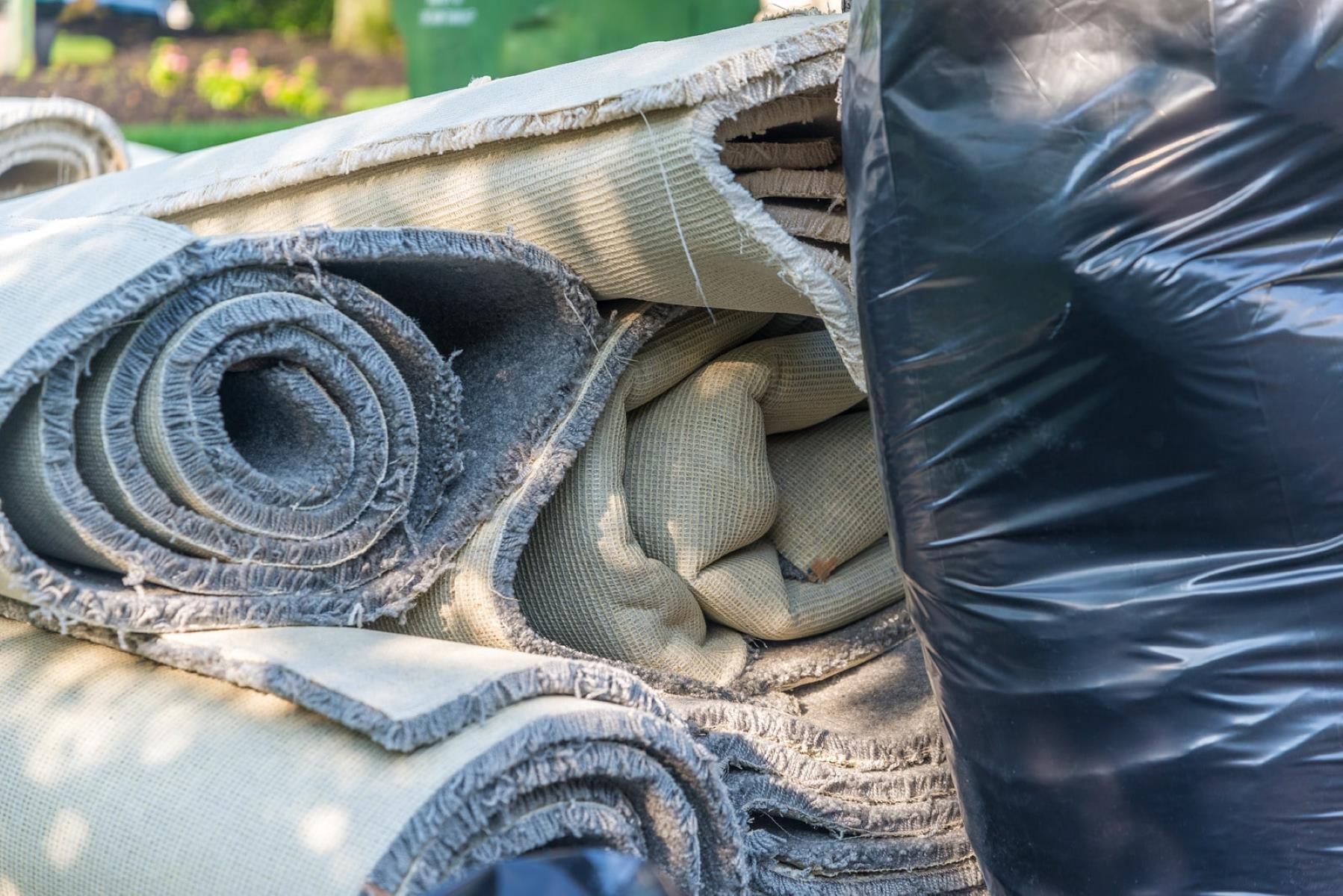




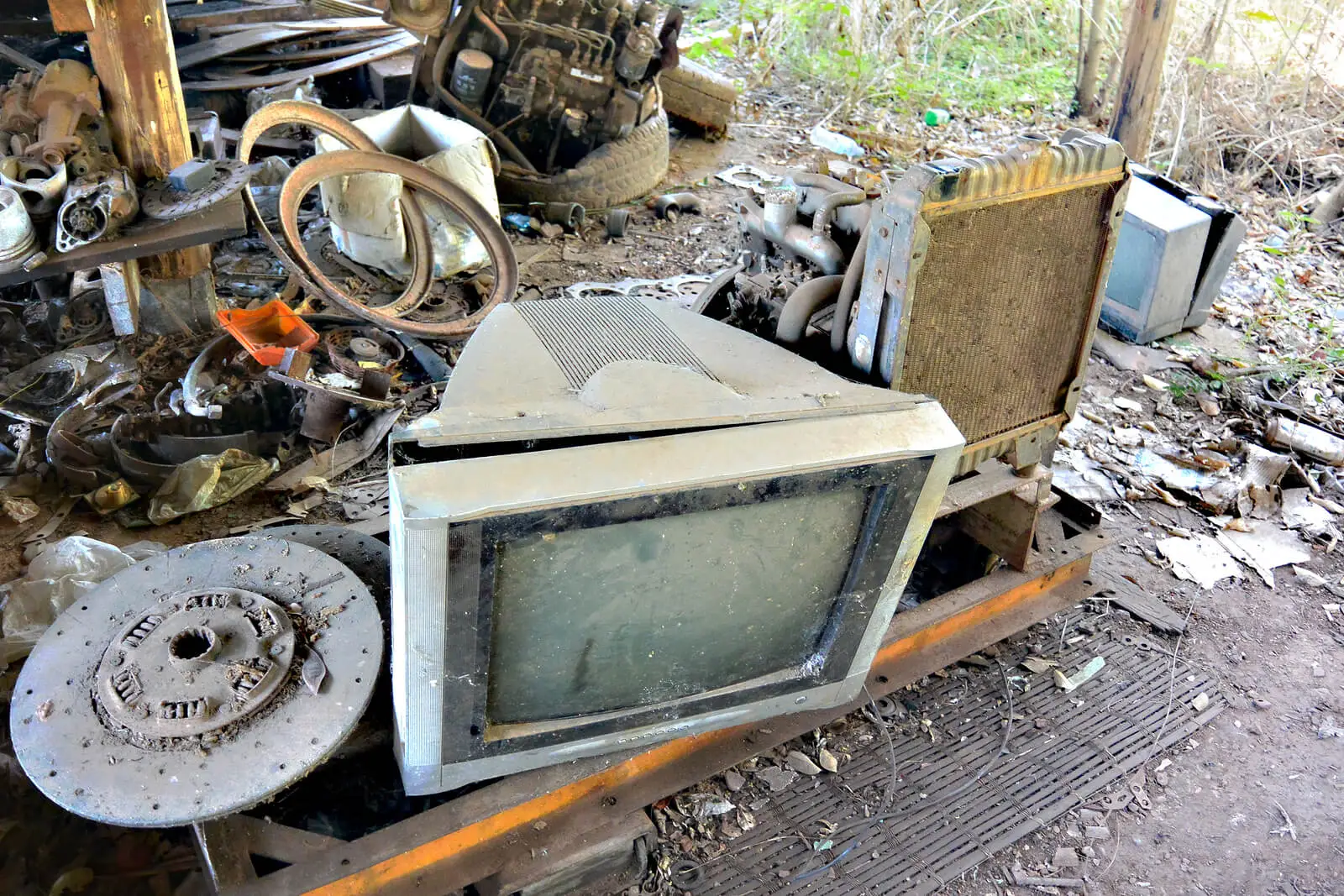


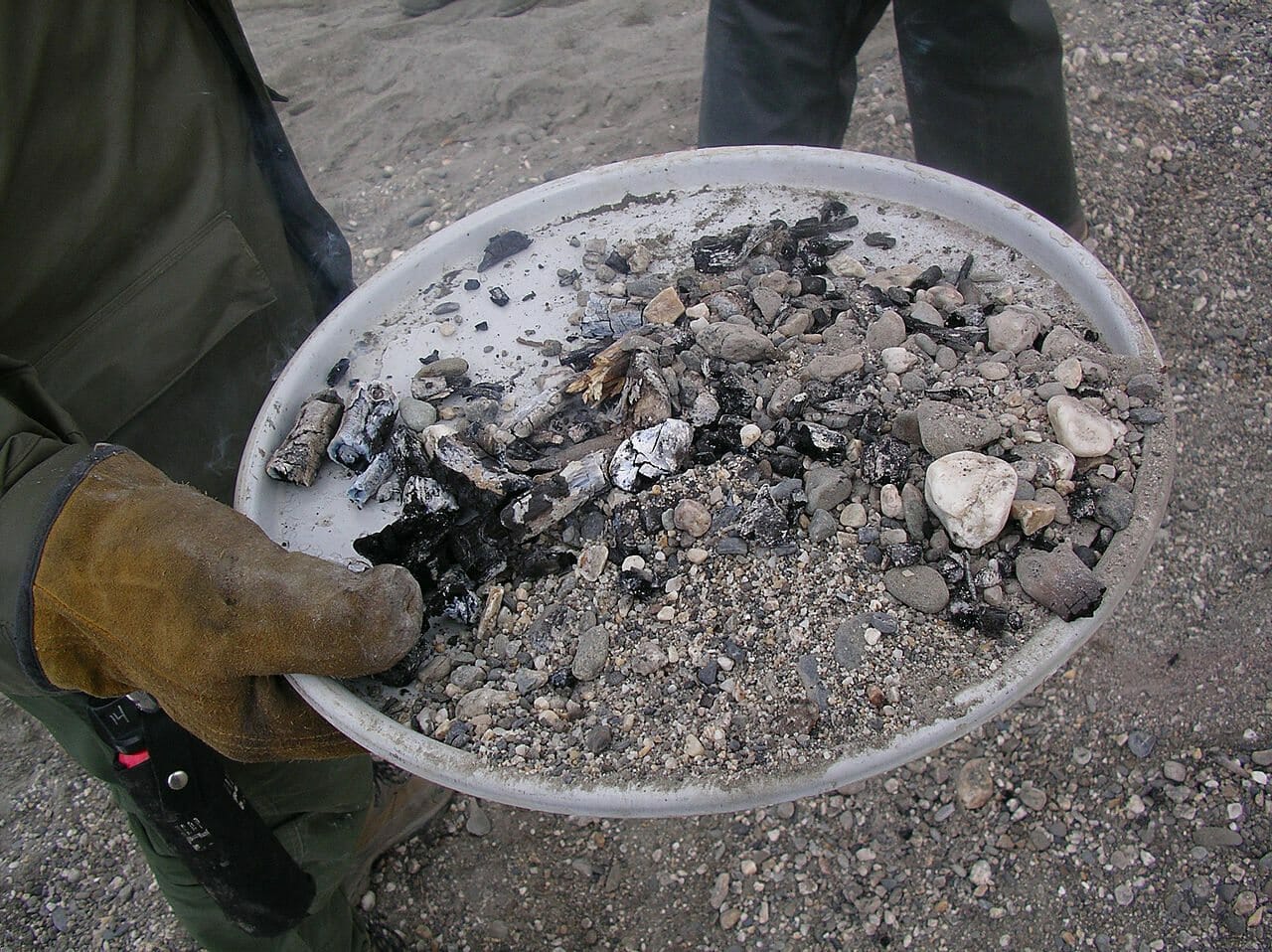

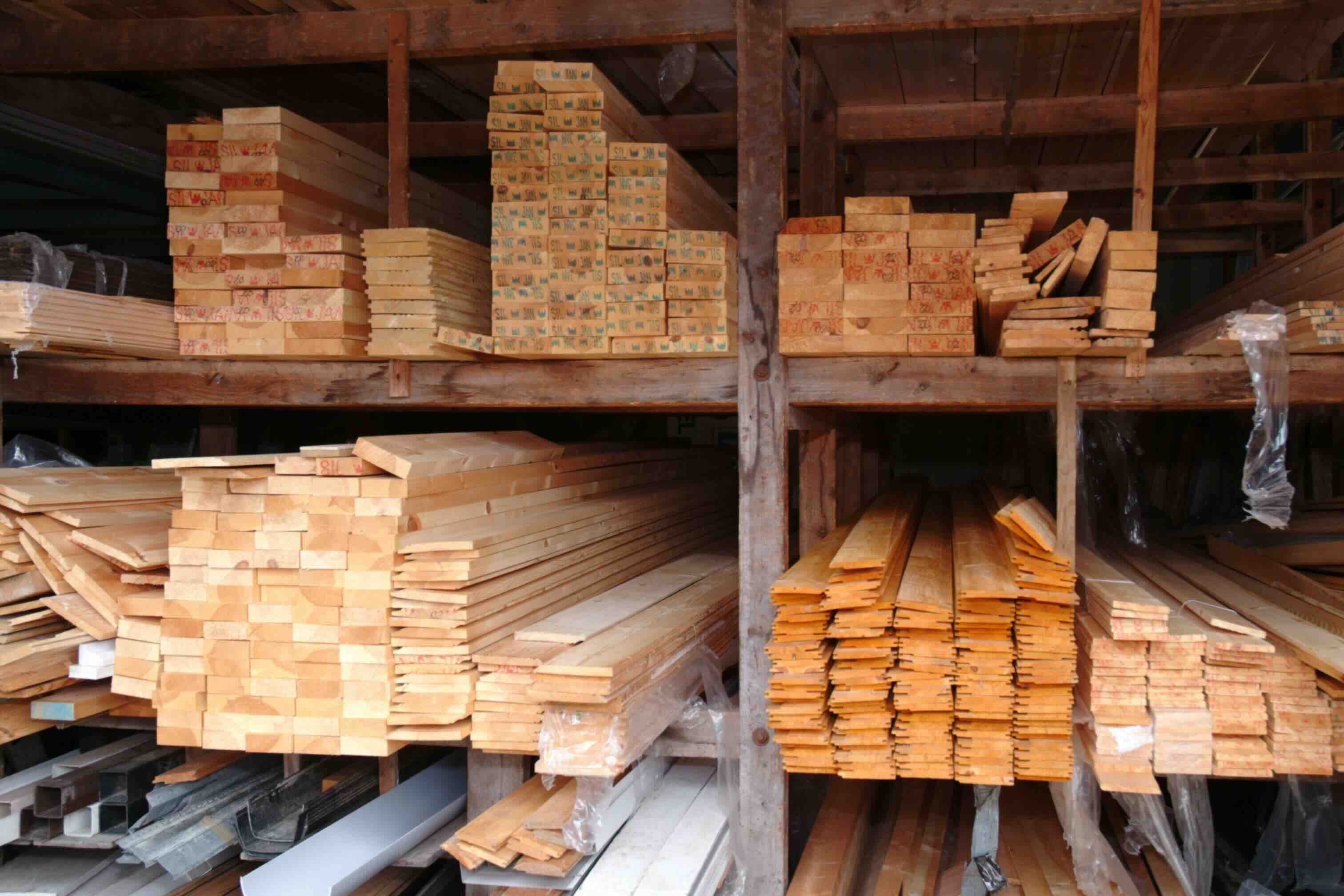



0 thoughts on “Where To Dispose Construction Debris”